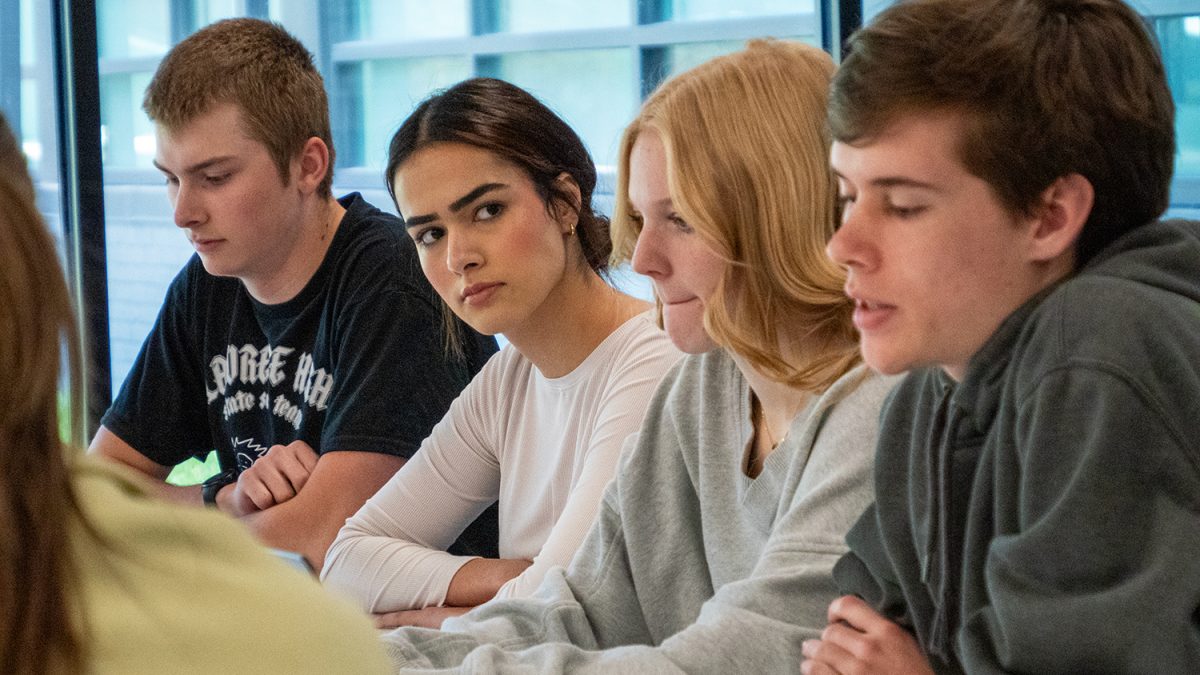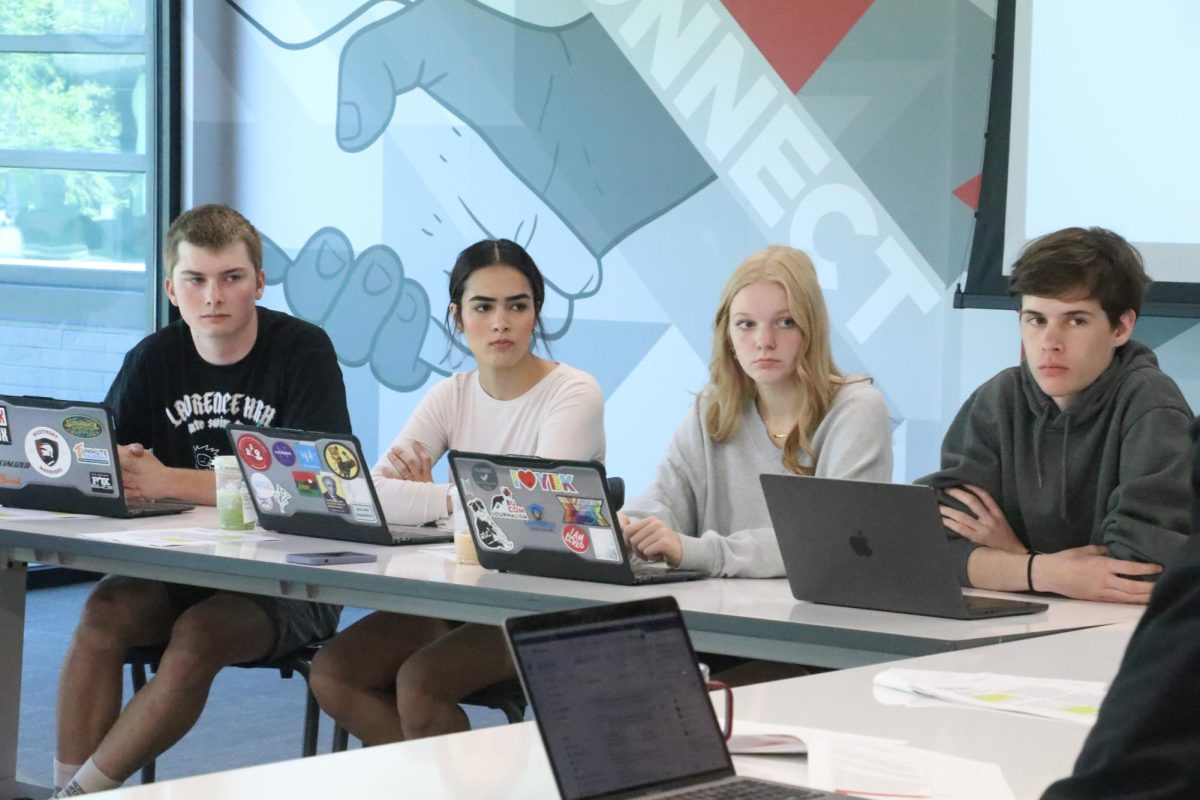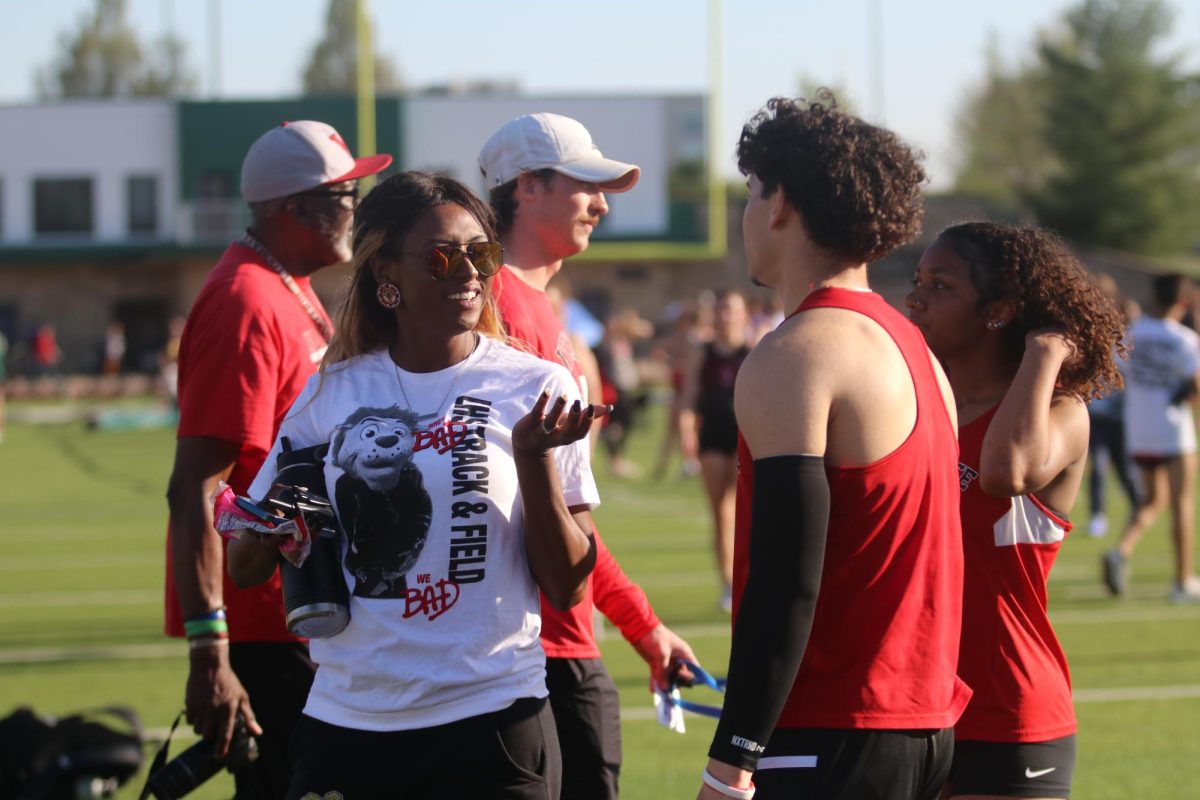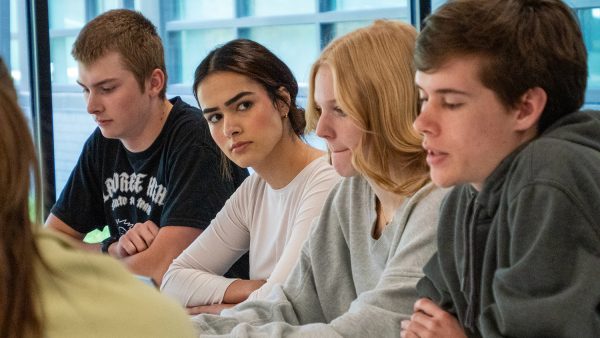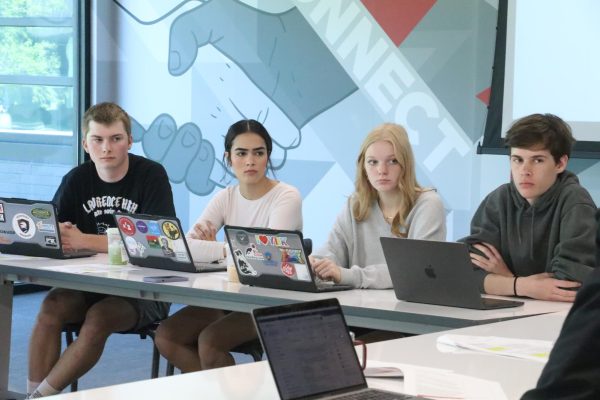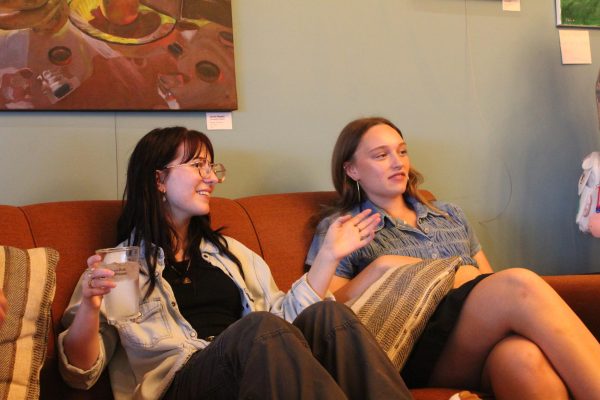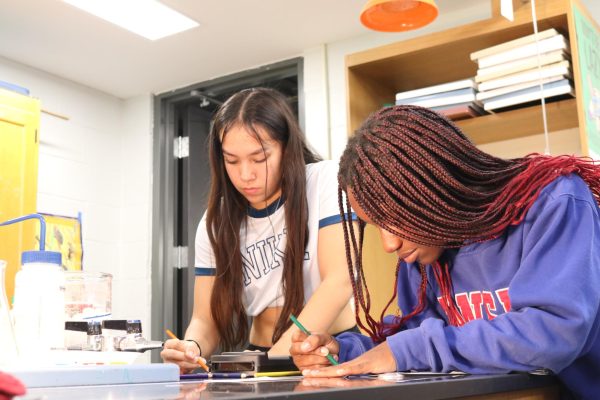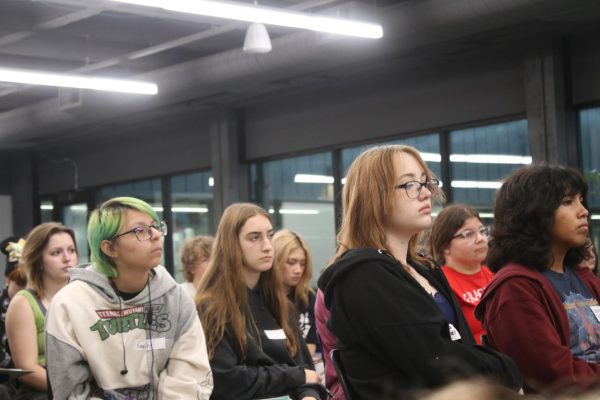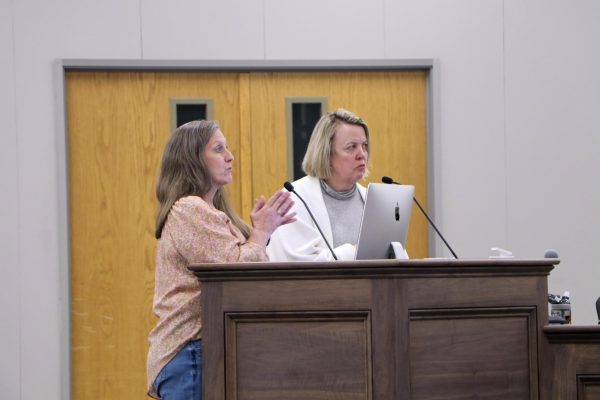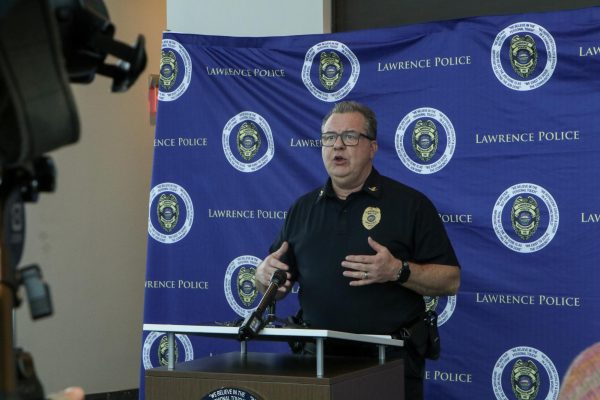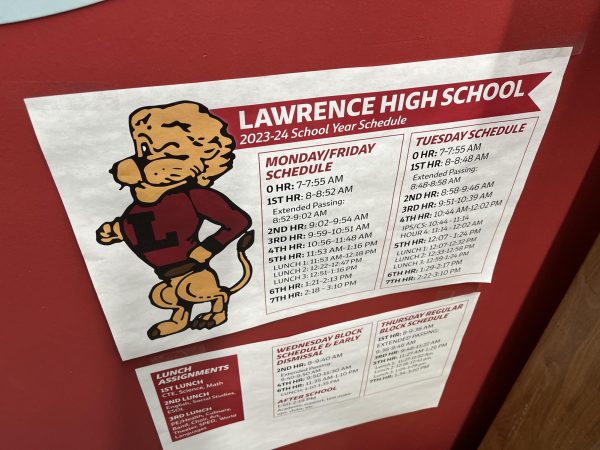Kansas legislators propose House Bill 2789, support arming teacher
Members of student group, SAFER, give testimonials in opposition to bill, the SAFER act
April 17, 2018
6 students travelled to the Capitol Building in Topeka on March 27th to argue against House Bill 2789. The bill is meant to arm teachers as a way to create on-the-scene first responders, and would penalize district which did not arm staff.
The act would be known as the Kansas staff as emergency first responders, also known as the SAFER act. Many members of the SAFER group at Lawrence High, Students Advocating for Firearm Education & Reform, are against the new proposal.
“I’m very very opposed to [House Bill 2789]. I think obviously gun control is necessary and we do need to revamp our laws surrounding gun control and safety in our schools,” senior Chisato Kimura said. “But I don’t think arming teachers is a solution by any means because there’s been countless study after study that shows that when you increase the amount of firearms in a place, especially in a school, it just increases the chance of conflict and violence and accidents.”
Kimura was one of the SAFER members in attendance at the bill hearing. They went to give testimonies from the perspective of students in KS schools, directly affected by this legislation.
“We went to the capitol to give a testimony in opposition to House Bill 2789, because that was a bill that was proposing to punish school districts for refusing to arm teachers,” Kimura said. “That’s something I feel strongly about, I don’t think school teachers should be armed and I don’t think school districts should penalized or financially harmed because they don’t want guns in their schools.”
Both sides, in support and against the bill, were given an allotment of 30 minutes for testimonies on the bill. However, the Lawrence High students with oral testimonies were not given the chance to speak, and only submitted their written testimonies at the hearing.
“I’m not really sure how the process was, they told us they ran out of time, but I think it was kind of an effort by the committee, I think, and some House Republicans to just shove the bills through the committee hearing, so there wasn’t really a lot of notice on the hearing which meant that people couldn’t prepare testimonies and that teachers couldn’t go but I don’t think we were very prioritized because we’re, you know, as they say, just kids, which is really ridiculous.”
In response to not being allowed to speak, students who attended the hearing, namely Kimura and sophomore Sami Turner, planned to record videos of their oral testimonials, which they were not able to give, and post them on social media. This is to allow the public to hear their testimonials, even if state congressional members were not interested, according to Kimura.
“I really just wanted them to hear from a student’s perspective why a student wouldn’t want to have armed teachers. It was really disappointing because we didn’t actually get to speak and no students got to speak.” Kimura said. “I think it would’ve been really good for them to hear not only parents or teachers although those voices are very important, I think because students are being directly influenced by this also, we should’ve been given the chance to talk.”
Senior and SAFER member Rollin Love also presented a written testimonial to the committee at the bill hearing.
“My testimonial basically talked about how students like myself don’t feel safe with more guns in the classroom,” Love said. “Teachers already have to do so much, all the time, to help students. Asking them to be first responders with weapons seems like a ridiculous overreach, considering everything else they have to do.”
Love believes adding guns to classrooms would created more unsafe, with teachers who are already asked of so much.
“I wanted my legislators to know that students did not approve of this idea of arming teachers. I feel like a lot of the people there talking were either school board members or concerned moms, and they weren’t people that were going to be directly affected by this bill,” Love said. “We wanted the perspective of people that are in the classroom to be there.”




